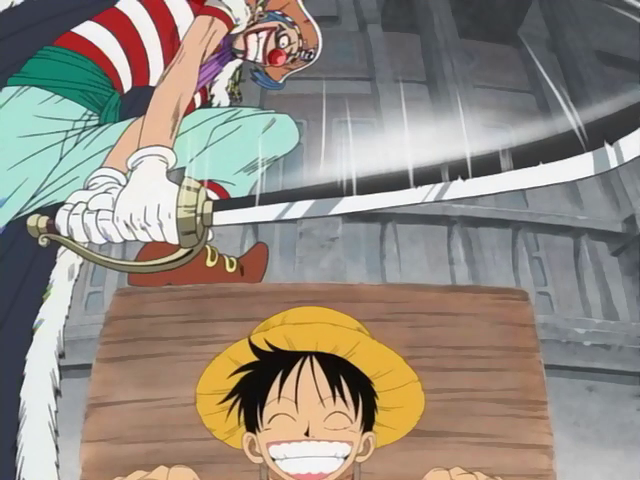Payload: Every scene/fight/sex scene should have some moment that moves the plot along or heightens awareness, drawing the reader into something greater. Villains should reveal something important during a fight, and romantic partners should learn more about each other or reveal secrets.
Also, every character should have at least one paragraph/scene where they reveal their inner motivation.
Payload. Probably the most important concept in these Writing Tips. If I had to rank them from most important to least important, this one would be number one.
Payload as expressed above falls into two categories: scene payload and character payload. Today, I will talk about scene payload and save character payload for a later post.
The Payload is that moment when the storyline intensifies and is raised to a higher level. It cane be caused by the revelation of unexpected turns of the plot, or the revelation of ideas on a deeper level than the story had previously touched.
I will give an example of this:
I recall an episode of a show we watched where the main character was to be executed by a rival. At the very last minute, as the curved blade lowers to strike the head off the poor imprisoned lad, the rival was struck by lightning. A character who was watching was seriously impressed by this (and by the fact that the kid about to lose his head smiled the whole time). He became convinced that destiny wanted this boy to live.
What was so impressive about this scene was that destiny had never been mentioned in this show…and we were on episode 52. Adding the question of whether some greater power might be on the main character’s side gave a whole new dimension to the story. It suddenly seemed deeper, wider, more important than it had before.
That was the Payload moment, not only for that episode, but for the entire season.
As in the example above, the Payload is the thing in the scene that makes the scene come alive, that makes you sit up and say “Wow”, that makes the story intensify or deepen. It can be something related to the general universe, like Heaven is on your side, or a twist of the plot, a new revelation about the nature of the situation.
Most Payload moments are like zing, a tiny jolt like you get when you touch a metal doorknob after walking on a carpet. John and I once watched a movie where the payload moments were so powerful, they were like the thunderous retort of a full-strength lightning bolt.
The movie was called The Five People You Meet In Heaven. I am going to use it below as an example, but PLEASE!!! If you think you might ever want to see this movie, skip this part of the article. The power of the story will be severely lessened if you already know what is coming.
Spoiler Alert
The Five People You Meet In Heaven proposes the idea that when you die, before you get to go on to Heaven, you meet five people who show you what your life really meant, who explain the mysteries you never understood in your life. The particular story is about a amusement park maintenance man named Eddie who has lived and worked at this park his entire life, except for a stint in WWII. He had had plans, dreams, but when he came back from the war with his leg permanently damaged, those dreams slipped away from him.
Eddie dies (trying to save a little girl) and he meets his first person, a blue-skinned man who was a freak at the carnival that was included with the amusement park when Eddie was a kid. We already know enough about Eddie’s life to know that this person was someone he only knew in passing. Yet, for some reason, this guy, not his brother or his mother, is the guy who meets him first.
The blue gentleman fills Eddie in on the five people thing and they chat a bit. Then, casually, Eddie asks, “How did you die?”
“You killed me,” the man says.
“You killed me.” With those words, suddenly everything changes. It is like being electrified. This blue man who meant nothing, a stranger chosen at random, is suddenly inexorably tied into Eddie’s life.
Eddie’s second person is his Captain from the war. They talk, they go over many things: what a good soldier Eddie was; what happened when their band of brothers got captured; the horrible way they were treated by their captors; how they escaped, how they burned the bamboo buildings they left behind; and the moment when Eddie’s leg got shot.
Finally, Eddie asks, “Why you, Captain, why are you the one here to talk to me?”
“Because I’m the one who shot you.”
This is the one that really hit us like a thunderbolt. (Probably the same thunderbolt that saved life of the character from the other show.) Suddenly, everything changed, everything about Eddie’s life from that point on became different.
The captain goes on to explain why he did it. I will not tell you. If you have seen the movie, you know. If you have not, you should not have read this far anyway.
Spoiler End
Not every Payload moment has to involve thunderbolts. But a good Payload moment will draw the reader further in to the story. They are the moments when the point of the whole thing becomes clear, the moment that rewards the reader for the effort made so far, the moment that draws the story together and makes it something more than an anecdote.
Ideally, every scene should have a payload moment…a moment that draws out the purpose of the scene and makes the story more worth reading than it was a scene ago.
How do you create Payload moments? That is another issue entirely. One we can discuss next week.




